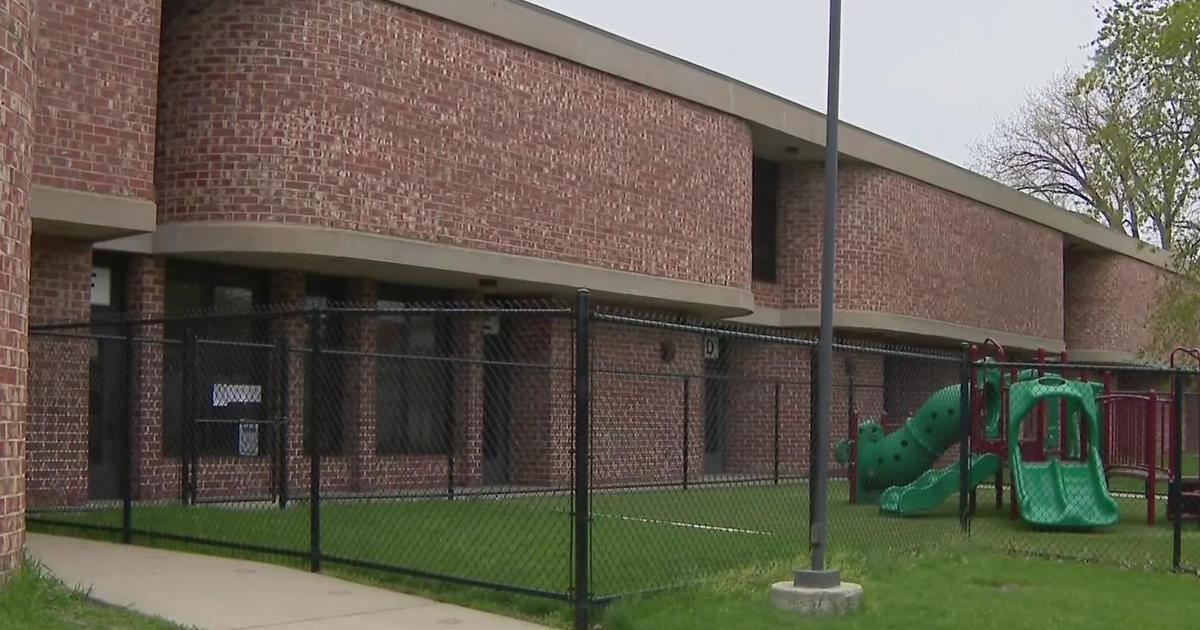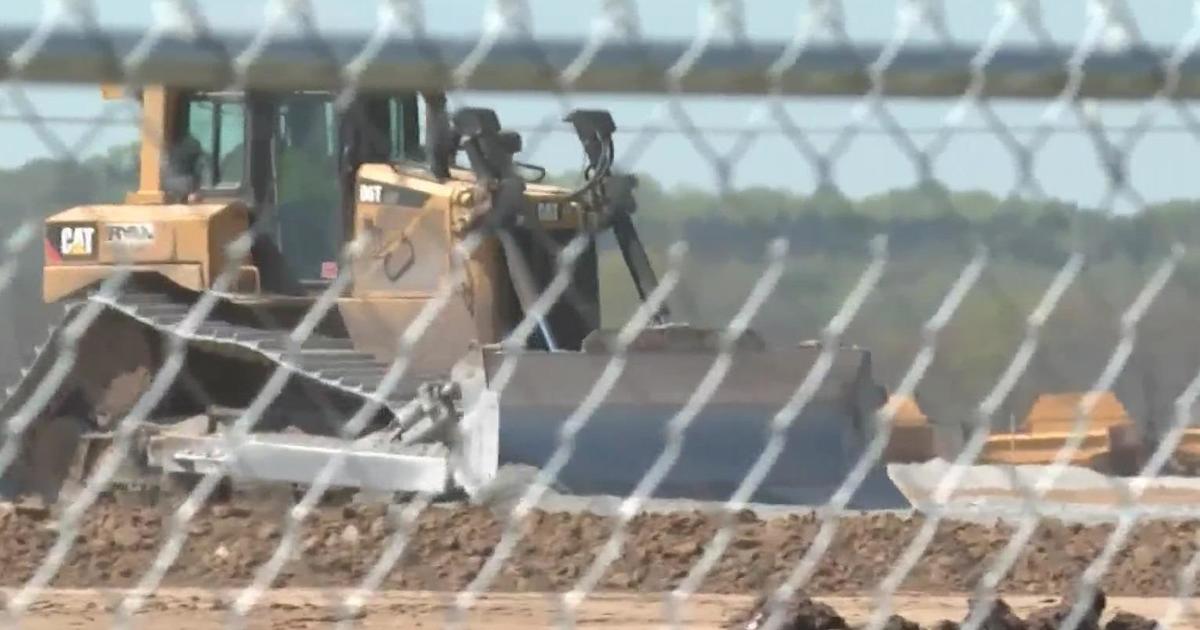A Look At The Police Districts Set To Close
UPDATED 10/12/11 12:27 p.m.
CHICAGO (CBS) -- Closing police stations and consolidating districts is far from a new idea in Chicago, but Mayor Rahm Emanuel's 2012 budget plan is the first time it appears to be going ahead.
LISTEN: WBBM Newsradio's Lisa Fielding reports
Podcast
The move will mean the elimination of a district specifically designed to serve the University of Chicago, and a station that not too long ago was considered the most modern among the North Side districts surrounding it.
The Prairie District station at 300 E. 29th St. dates from 1952. It serves an oddly-shaped precinct, extending north of Cermak Road and west to the Penn Central railroad tracks to include Chinatown and parts of Bronzeville, then proceeding south down the lakefront east of Cottage Grove Avenue.
At its southern edge, the district borders include the entire Hyde Park neighborhood except for Jackson Park, and extend south to 61st Street between Cottage Grove and Dorchester avenues so as to include the entire U of C campus.
The U of C also has its own private police department, which patrols even farther south into the neighboring Grand Crossing District.
But the Chicago Sun-Times recently pointed out that the nearly 60-year-old station could be merged with the Wentworth District to the west, given that its resources are no longer dominated by crime in the now-demolished Robert Taylor and Stateway Gardens public housing high-rises along the State Street corridor.
Yet, while crime in Hyde Park and around the U of C campus is vastly lower than in many nearby neighborhoods, security is still a concern.
Earlier this week, three U of C students were robbed in two incidents within a period of half an hour. One of the robberies occurred at 57th Street and Dorchester Avenue in a quiet part of the Hyde Park neighborhood, the other happened right in the middle of the Main Quads.
On the North Side, the Belmont District and its easterly neighbor, the Town Hall District, were actually a single district for many years. When several districts were consolidated in 1959, the old Town Hall police station at 3600 N. Halsted St. served what was then the 19th District, which extended from Lawrence Avenue on the north to Fullerton Avenue on the south, and from Lake Michigan on the east to the Chicago River's North Branch on the west.
"The new 19th combines the old 37th, 38th and 39th districts.... On the lake shore are the harbors at Montrose, Belmont, and Diversey. Riverview Amusement Park and Wrigley Field are both in this district, as is the House of the Good Shepard (sic), where girls who are wards of the juvenile court stay," a 1962 Chicago Police newsletter said in describing the district.
In 1975, a new police station opened at 2452 W. Belmont Ave., on the former site of the aforementioned Riverview Amusement Park. But instead of simply moving the district station, the district was split in two, becoming the Belmont (19th) and Town Hall (23rd) districts with Clark Street as the boundary.
Talk of recombining the districts goes back two decades. In 1992, the Town Hall District, then housed in its old station dating from 1907, was among seven districts slated for a consolidation that ultimately never went ahead, the Chicago Tribune reported. It would have been recombined with the Belmont District, with the "modern" Belmont Avenue station as its headquarters.
The 1992 proposal by consultant Booz Allen & Hamilton called for consolidating the districts to free up 400 officers for community policing, but then-Mayor Richard M. Daley backed off the plan amid protests, the Chicago Sun-Times recalled.
In 2004, the Town Hall District lockup was closed, and for the next six years, prisoners who were arrested in the district were instead taken two miles west to the Belmont District lockup.
But ultimately, a new Town Hall District station was constructed just west of the old one, at 850 W. Addison St. That station opened just one year ago.
The Wood District station, at 937 N. Wood St., dates from 1960, and has been on the chopping block before. It was also among the seven districts suggested for elimination in 1992.
The district is bounded by Division Street on the north and Madison Street on the south, and by Kedzie Avenue on the west and the Chicago River's North Branch and Ogden Avenue on the east. It once included the since-demolished Henry Horner public housing development, and several other areas long considered rough.
But residents of the now-trendy Ukrainian Village and West Town neighborhoods are protesting the move, saying it would diminish safety in the neighborhood.
"The closest police station after Wood St. is more than 2 miles away," neighbors say in a petition. "There are still burglaries, break-ins, car thefts, vandalism, armed robberies, physical assaults, thefts and other serious crimes in our neighborhood which endanger the safety of our children, our families, ourselves, and our property."
In addition to closing the district stations, the mayor also plans to call for merging the five police detective areas into three areas, and to merge Police Department and Fire Department headquarters -- along with several police and fire functions.
Although no specific detective area headquarters have been named as the ones that would close, the Belmont District station is also where the Belmont Area Detective headquarters is located. The station also houses a Cook County criminal branch court, as well as gas pumps and a motor maintenance facility.
Mike Shields, President of the Chicago Fraternal Order of Police, said the city's police union has not been briefed on the station closure plans. He said the union first learned about the plans from news reports on Tuesday.
"It wasn't released to us. Our members are going to be impacted, yet we were the last people to be told," Shields said, adding that something like this has happened before with City Hall. "It continues to happen at all city agencies, not just Chicago Police."



